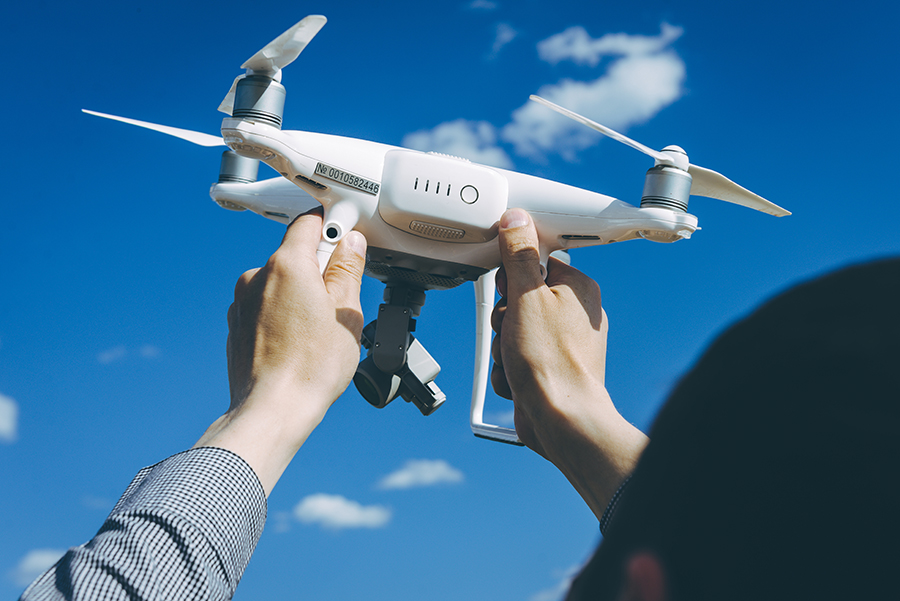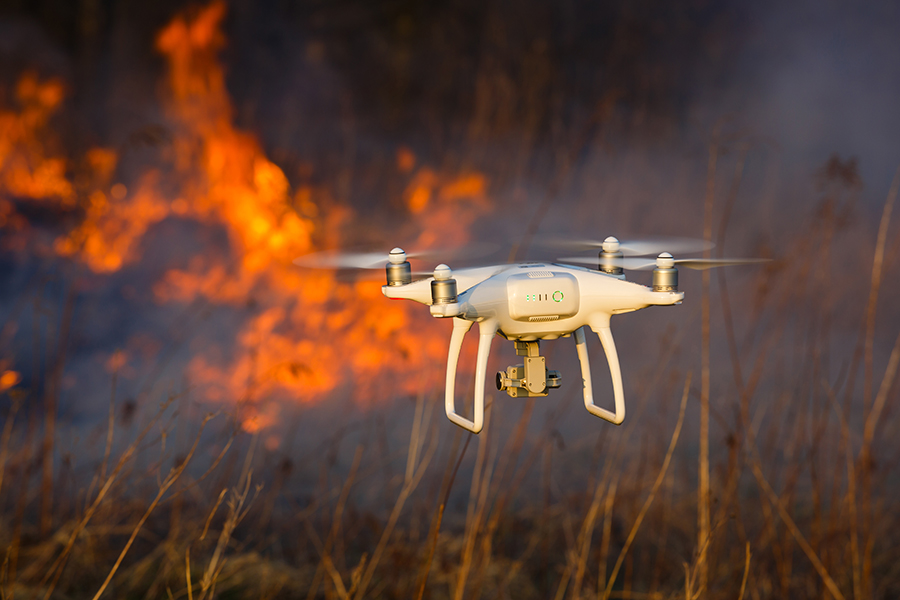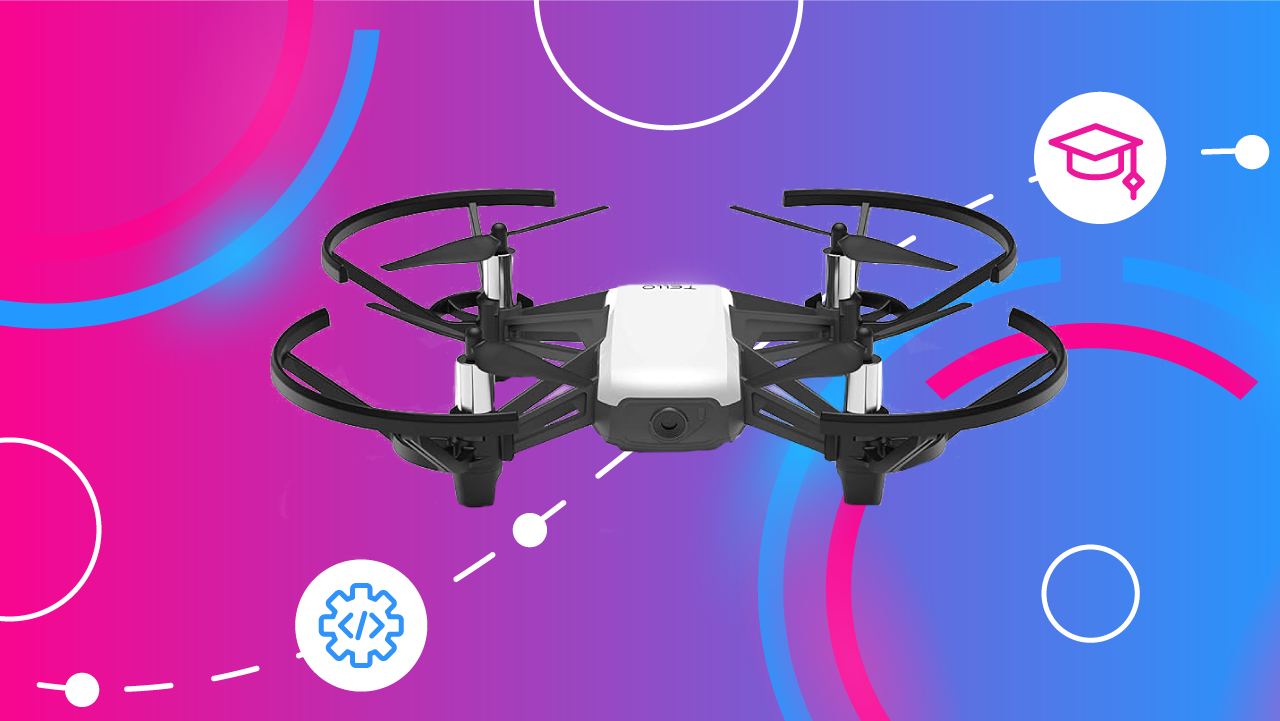Most drone pilots are familiar with the rule on the registration of drones – namely that it is a requirement for any drone that weighs more than 250 grams. For the longest time, there really was no reason not to do so, because the process is very fast and incredibly cheap.
With Remote ID upon us, the matter is no longer quite as simple. The onus of complying with Remote ID requirements applies to all drones that need to be registered. With this in mind, there is now a movement to appeal that the weight threshold for registration is increased. What is this petition all about and how can you participate?
Why the need to change registration rules now?
This appeal may come as a surprise given that the rules on drone registration have been in place since 2015 with minimal resistance from the drone community. However, there is a major difference that may be significant to all drone pilots in the coming years – Remote ID will be a requirement for all registered drones operating in the national airspace.
The appeal applies to all small UAS, including multi-rotor drones, fixed-wing drones, and model airplanes.
Complying with Remote ID is a bit more complicated. For commercially purchased drones, the burden of compliance lies solely on the manufacturer – all drones being manufactured and sold must be equipped with Remote ID. For those who own older models with no Remote ID capabilities, they will need to add third-party Remote ID broadcast modules to their drones.
The Remote ID rule also applies to home-built drones as long they are at the weight class that requires registration. This certainly complicates things in terms of the complexity of assembling drones and the corresponding costs.
What the appeal is about

The appeal was put together by the Flite Test Community Association (FTCA) and the FPV Freedom Coalition (FPVFC). It aims to increase the lower bound that is required for drone registration from the current 250 grams to 1 kilogram, effectively increasing the weight threshold for Remote ID compliance.
A critical argument made by the appeal is the fact that drone operations continue to have an excellent safety record – there have been zero fatalities so far that are associated with an sUAS impacting an individual on the ground or by an electric-powered multi-rotor.
As there are no discernible safety risks that can be associated with a vast majority of drones sold and used today, the FTCA and the FPVFC are requesting to Congress and the Senate that the weight requirement for Remote ID compliance be relaxed. This will provide a huge benefit to recreational operations, especially for communities and groups that have been participating in this activity for a very long time.
What you can do
The FTCA and FPVFC have provided memos that the general public can send to their local Representatives and Senators. These memos can be found through this link -> www.raisingthelimit.org.
If you would like to support this appeal, just copy the memo and send them to your Representative or Senator. The website also provides helpful links for searching for the contact details of the appropriate politicians. The appeal will work best if it reaches every single member of Congress, so the participation of the members of the sUAS community is key.
Final thoughts
The initiative of the FTCA and FPVFC proposes an intriguing concept, perhaps one that many drone pilots have not considered a possibility. With drone registration in place for close to eight years, there has been ample time to evaluate how safe general drone use is. Ideally, this translates to more relaxed rules.
Increasing the weight threshold for drone registration will make general drone use easier for recreational operations. This will help keep recreational drone use attractive, even for beginners and despite the existence of Remote ID rules.



